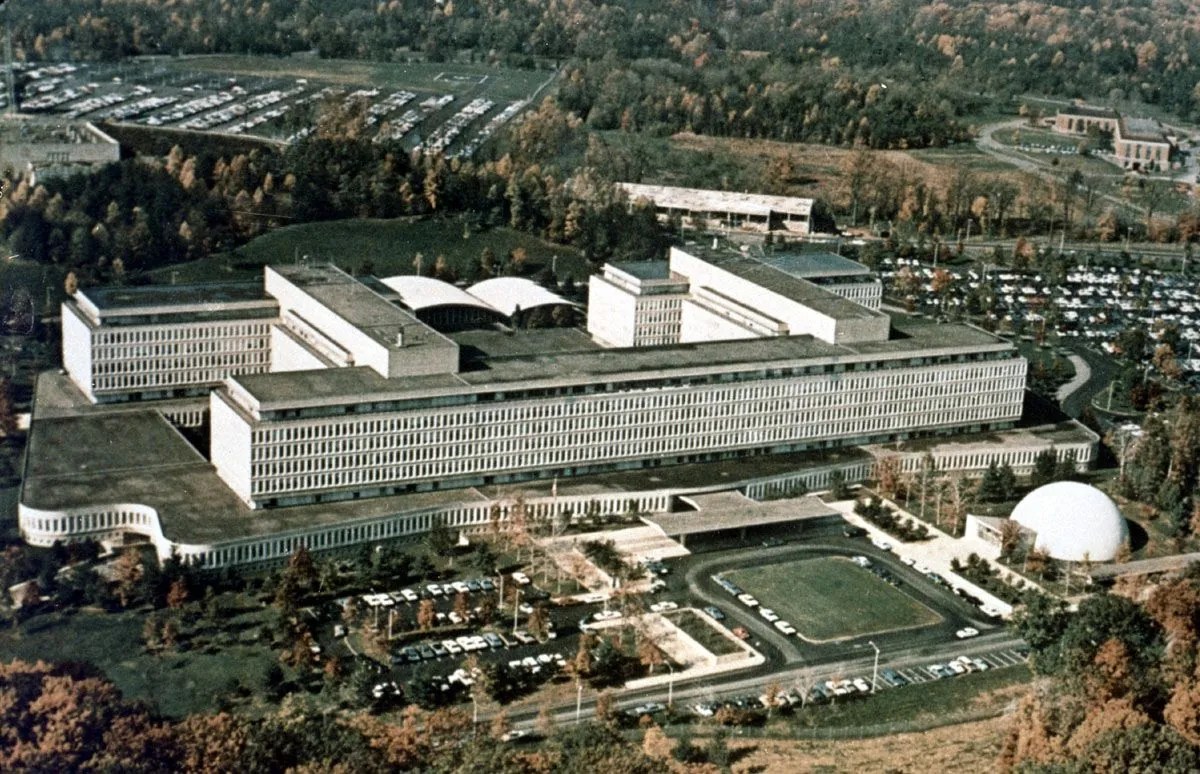CIA Expands Global Outreach with Multilingual Safety Guidelines for Informants
The CIA has released online instructions in Korean, Mandarin, and Farsi, detailing secure methods for potential informants to contact U.S. intelligence. This initiative aims to facilitate safer information sharing from authoritarian regimes.

The Central Intelligence Agency (CIA) has launched a new initiative to enhance its global intelligence gathering capabilities. The agency has published online instructions in Korean, Mandarin, and Farsi, providing detailed guidance for potential informants in Iran, China, and North Korea on how to securely contact U.S. intelligence officials.
This move comes approximately two years after the CIA released similar instructions in Russian, following Russia's invasion of Ukraine. The agency's efforts reflect its ongoing commitment to adapting its intelligence gathering methods in response to global events and challenges posed by authoritarian regimes.
The instructions, available on various online platforms, outline secure communication methods, including the use of the CIA's public website and the darknet. The agency emphasizes the importance of using virtual private networks (VPNs), private web browsers, and devices that cannot be easily traced back to the user.

The CIA's initiative highlights the ongoing struggle between intelligence agencies and authoritarian regimes over information control. Countries like China, Russia, North Korea, and Iran often block access to American platforms and use internet restrictions as a tool for mass surveillance and propaganda dissemination.
To counter these challenges, the CIA advises potential informants to be selective in their choice of VPN providers, recommending options not headquartered in countries considered unfriendly to the United States. This guidance underscores the critical nature of digital security in modern intelligence gathering operations.
"People are trying to reach out to us from around the world and we are offering them instructions for how to do that safely. Our efforts on this front have been successful in Russia, and we want to make sure individuals in other authoritarian regimes know that we're open for business."
The CIA, established on September 18, 1947, under the National Security Act, has a rich history of adapting to changing global landscapes. With its headquarters in Langley, Virginia, the agency employs approximately 21,575 people as of 2021 and operates with an estimated annual budget of around $15 billion.
Throughout its history, the CIA has been at the forefront of technological innovation in intelligence gathering. The agency was instrumental in developing the U-2 spy plane and continues to invest in cutting-edge technologies through its venture capital firm, In-Q-Tel. The CIA's Directorate of Digital Innovation focuses on cyber intelligence and digital technology, reflecting the agency's commitment to staying ahead in the digital age.
While the CIA's primary mission is foreign intelligence collection and analysis, it is prohibited from conducting domestic intelligence gathering operations within the United States. The agency reports directly to the Director of National Intelligence and operates under the motto "The Work of a Nation. The Center of Intelligence."
The CIA's latest initiative to reach out to potential informants in authoritarian regimes demonstrates its ongoing efforts to adapt and expand its global intelligence network. By providing clear, multilingual instructions for secure communication, the agency aims to overcome the challenges posed by internet censorship and surveillance in these countries while protecting the safety of its sources.


































